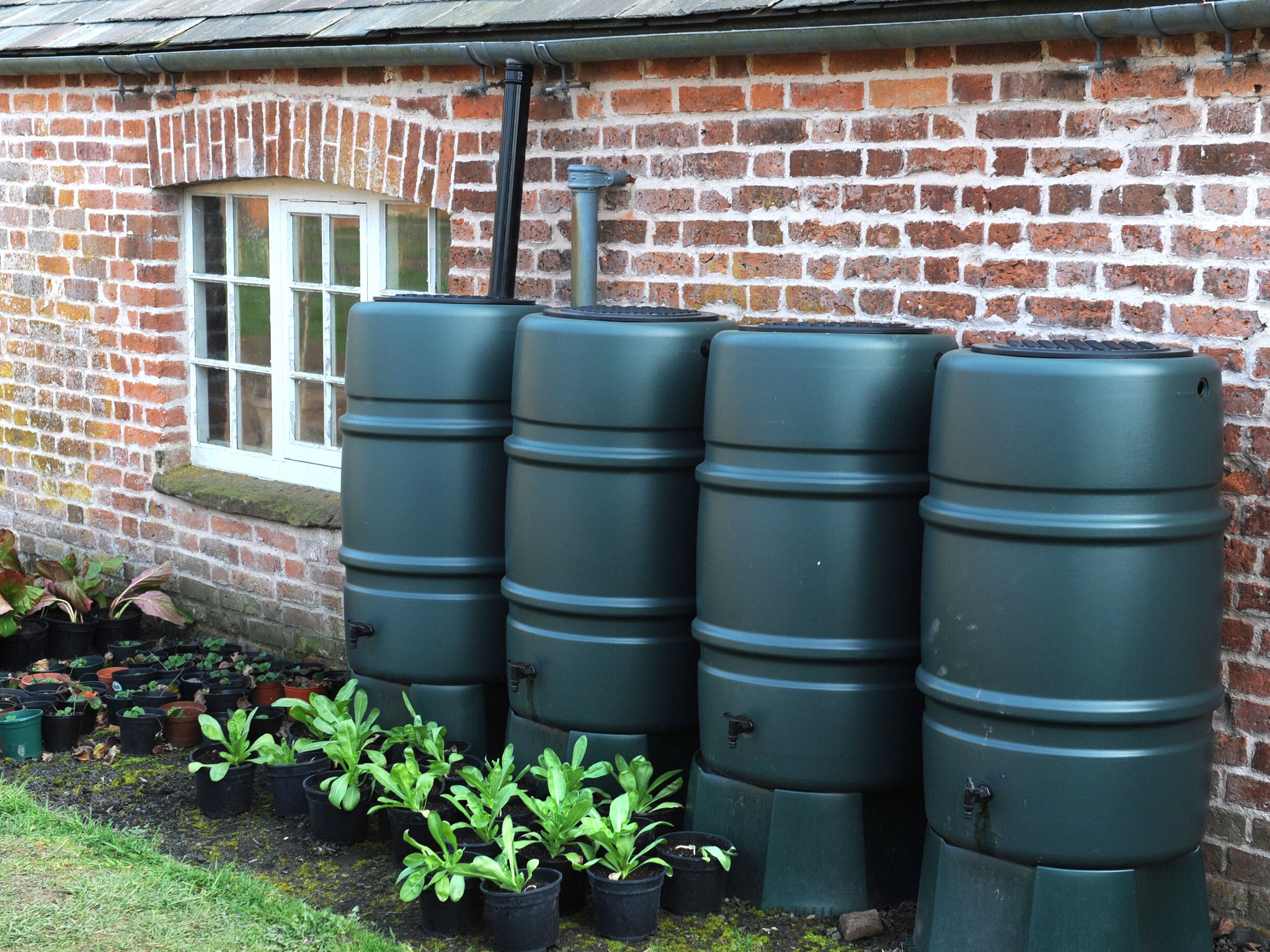Britain faces malaria risk as climate change sees mosquitoes thriving in garden water butts

Britain faces an increased threat from “tropical” diseases like malaria and West Nile virus – because of the increasing popularity of garden water butts.
The warming weather associated with climate change has seen many green-fingered Britons install water containers in their gardens. These water butts, together with the rising ambient temperature, have greatly increased mosquito numbers in the UK.
The trend is especially marked in urban areas, with high concentrations of garden water containers. This is more damaging because it brings the mosquitoes into closer contact with people, according to a new study by the University of Reading.
“Water butts collect rain from roof guttering along with vegetation, animal detritus... providing both a habitat and food resource for mosquito larvae,” warned the report by Amanda Callaghan and Susannah Townroe.
Mosquitoes in the UK are free of diseases that can infect humans but the report’s authors say that the rising number of insects breeding in urban areas increases the chances of a potential outbreak of malaria and the less dangerous West Nile Virus in future. This is because the soaring number of water butts has had a marked impact on urban mosquito populations, particularly the An. plumbeus species, which is shifting from being a mostly rural species to an increasingly urban one.
“The relatively high abundance of An. plumbeus during the late season of 2012, and dramatic increase in abundance from the previous year is notable,” the report said, noting a similar trend to that seen in Continental Europe.
Although each water butt only provides 50l to 25l of water, the sheer number of them spread across the UK creates a network of easily accessible prime mosquito larvae habitat.
This, in combination with the “urban heat island” effect, which can increase the temperature in large UK cities by as much as 8.9C compared with surrounding rural areas, “may favour increased mosquito larvae production in urban habitats”, the report determined.
“We knew that there was an urban heat island effect, and changes in temperature have been known to cause changes in mosquito behaviour and – in some regions, such as southern Europe – diseases have crept into these countries because mosquitoes have changed their behaviour,” Dr Callaghan told the BBC.
“The main finding is that these mosquitoes are right next to people’s houses and the Anopheles mosquito we found is a human-biting species and it can transmit malaria,” Dr Callaghan said.
“Therefore, if someone comes back from their holiday with malaria and they get bitten, it could be transmitted to another person – and that is how you get outbreaks.
“The chances of there being a malaria epidemic in this country at present are relatively low because there has not been secondary malaria here since the 1950s... But it’s worth keeping an eye on.”
She said that the “more mosquitoes that can transmit malaria living by you then that chance increases”. Secondary malaria refers to someone catching malaria from another person who has also been bitten by a mosquito.
Join our commenting forum
Join thought-provoking conversations, follow other Independent readers and see their replies
Comments
Bookmark popover
Removed from bookmarks